Problem-Solving Skills Extra Challenge Worksheets for Ages 7-9 - Page 2
67 filtered results
-
From - To
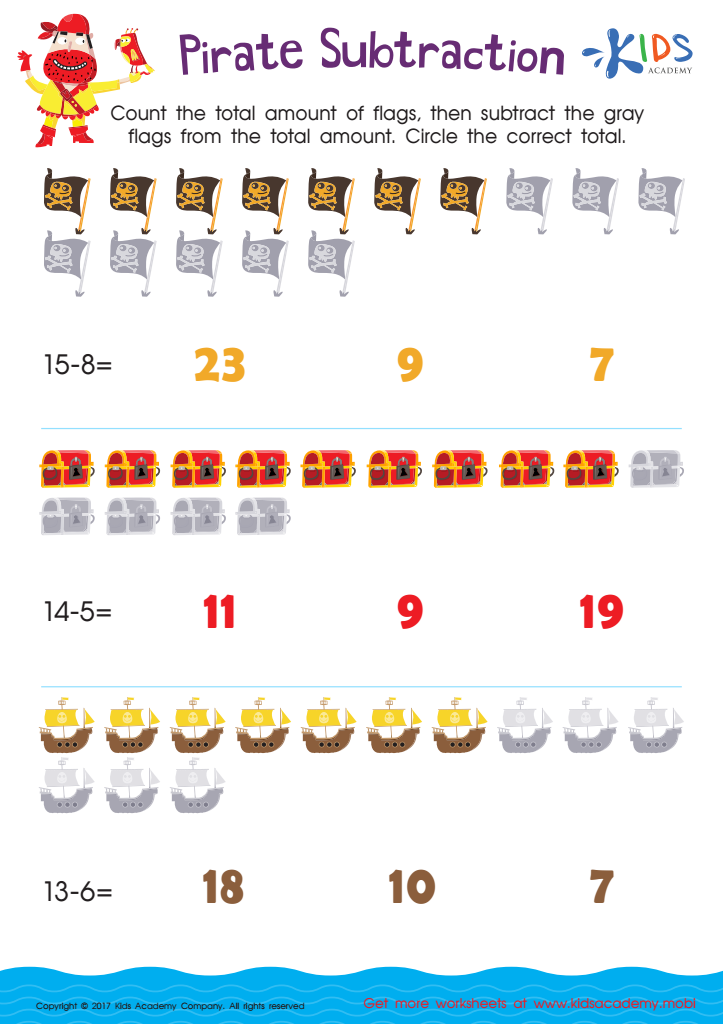

Pirate Subtraction Substraction Worksheet
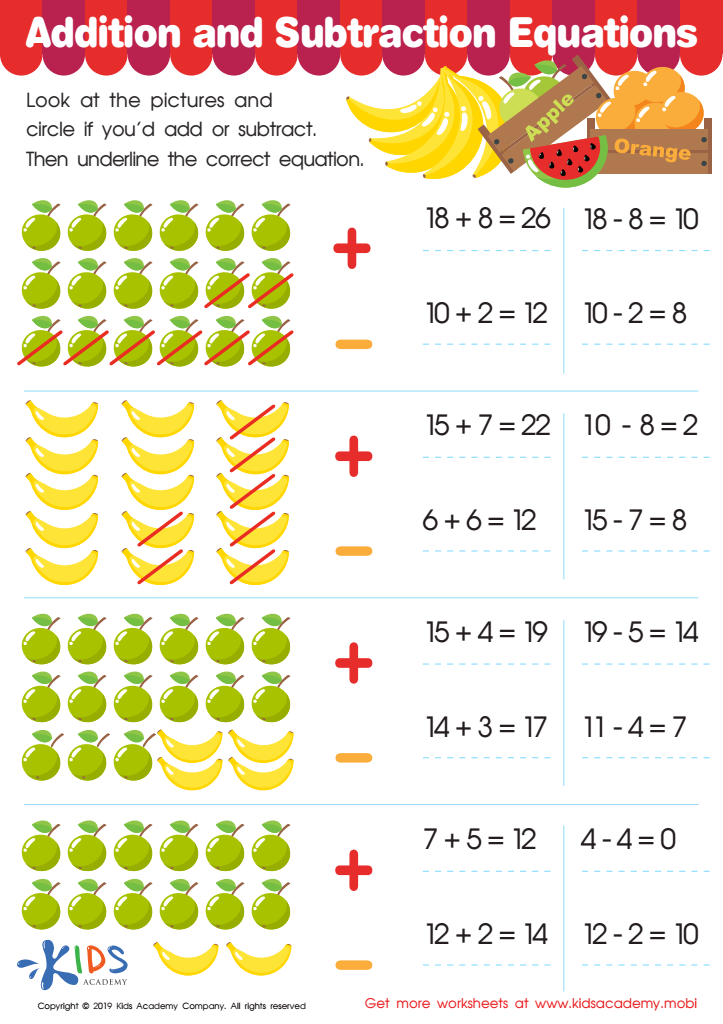

Addition and Subtraction: Equations Worksheet
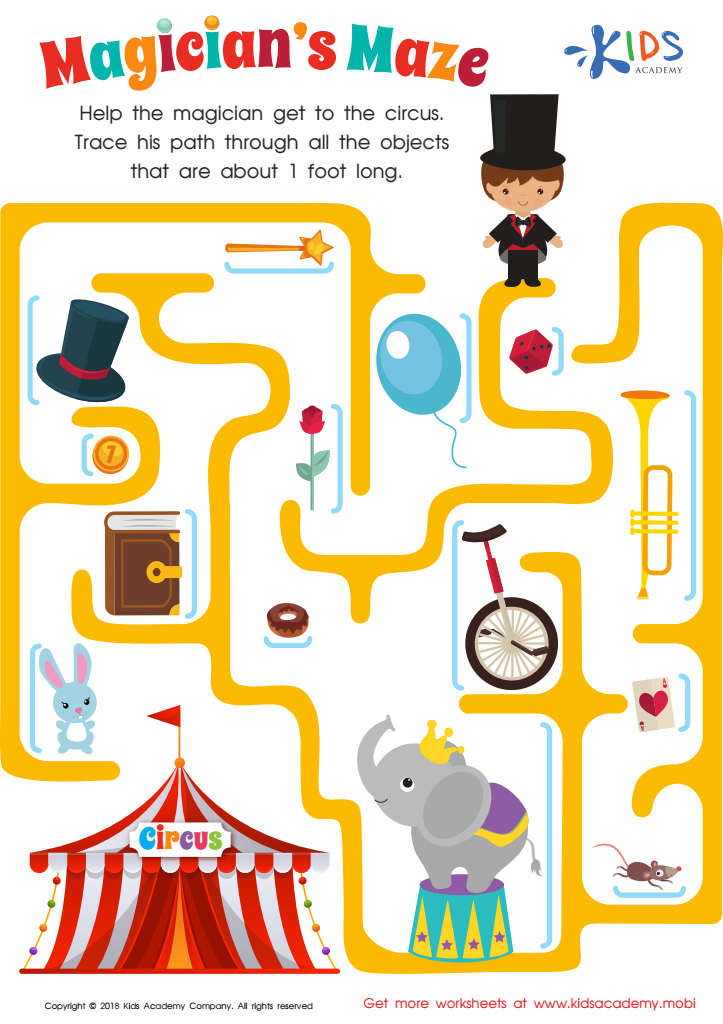

Estimating Length: Magician's Maze Worksheet
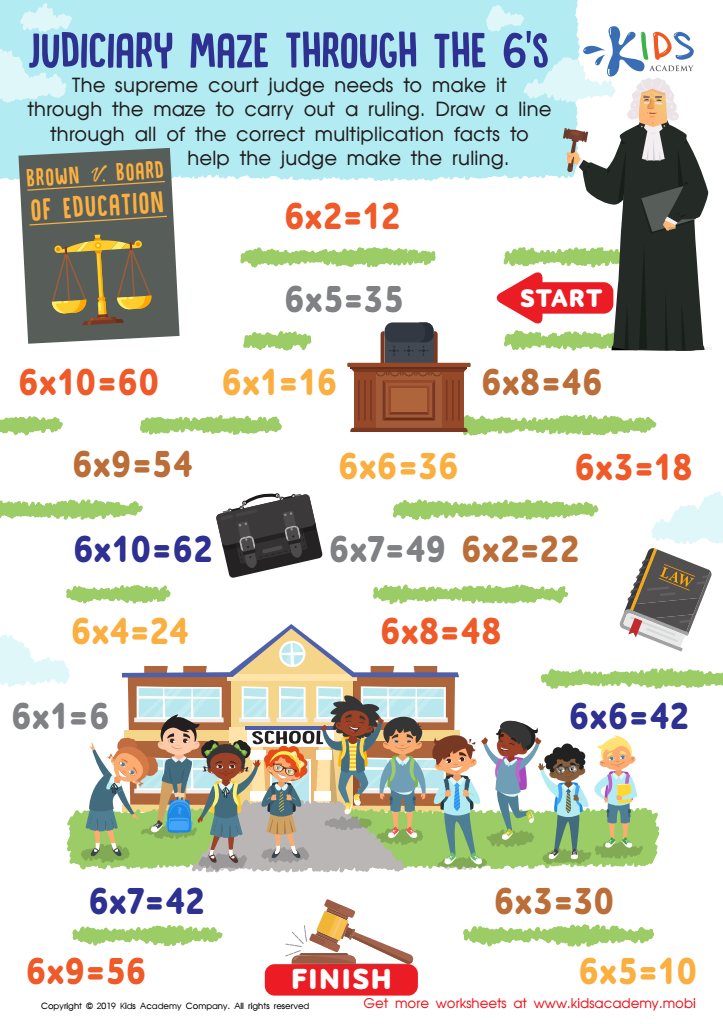

Judiciary Maze Through The 6’s Worksheet
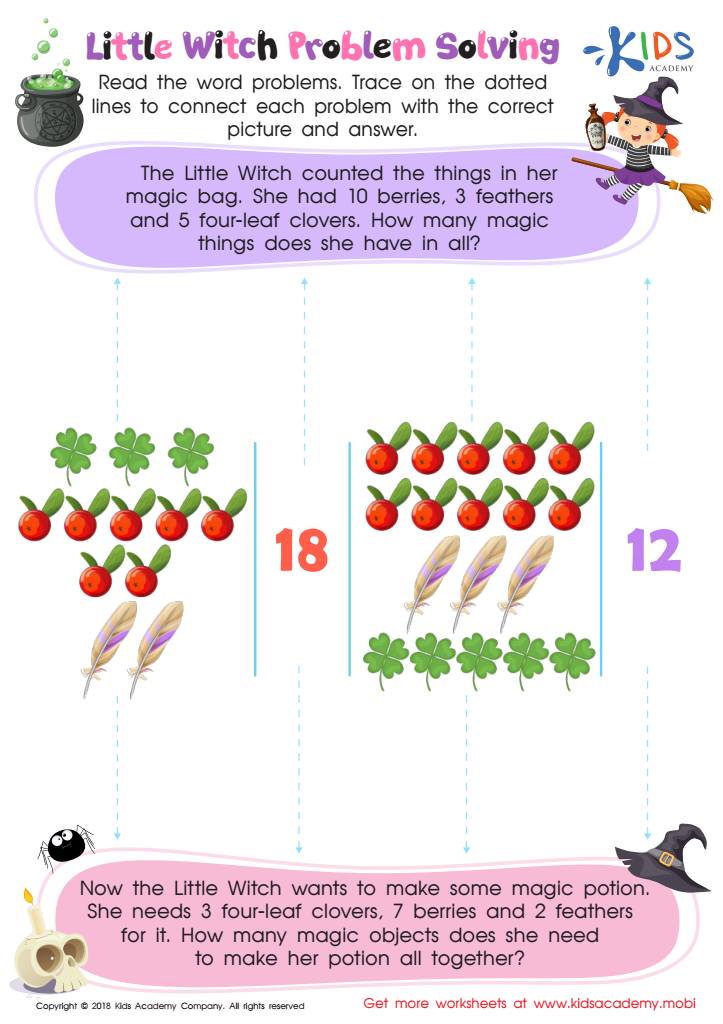

Little Witch Problem Solving Worksheet
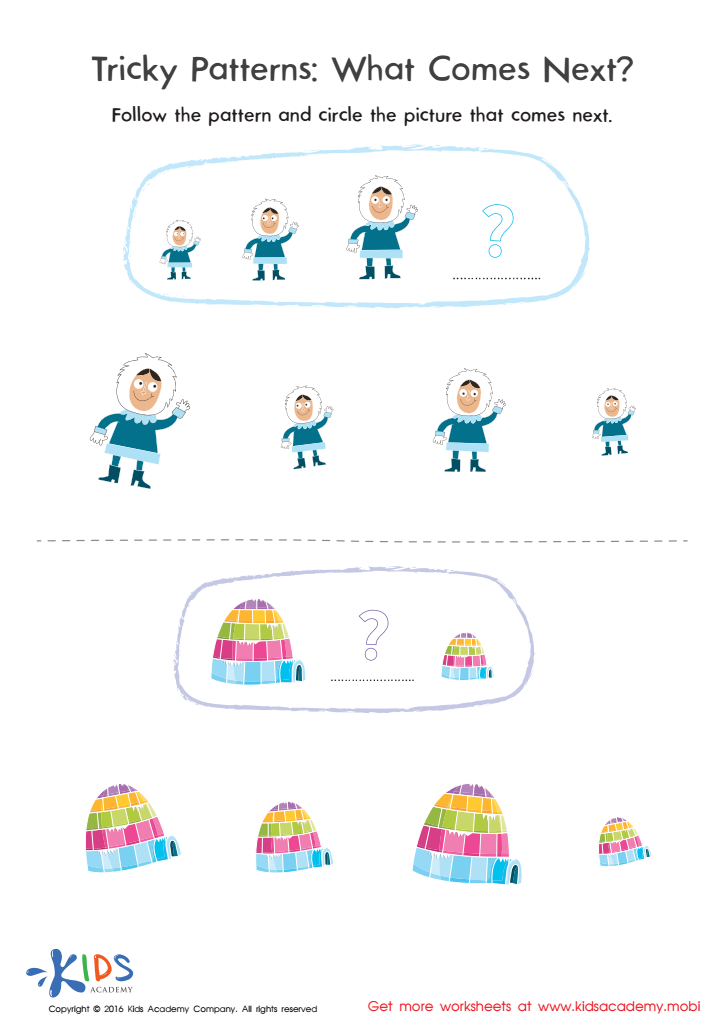

Tricky Patterns Size Worksheet
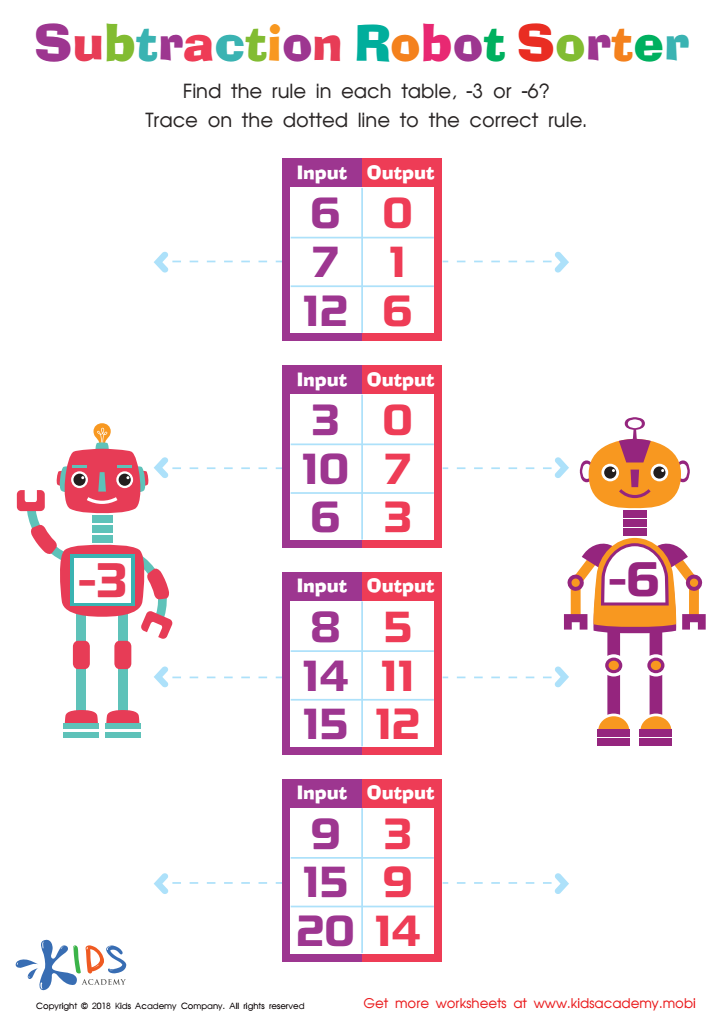

Subtraction Robot Sorter Worksheet
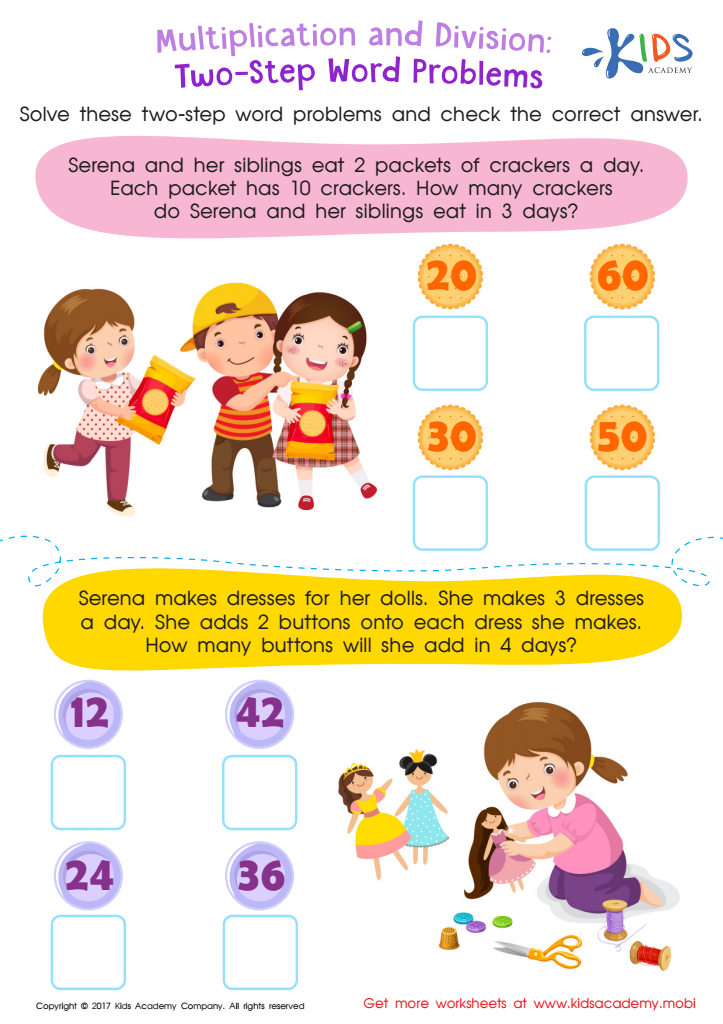

Two Step Word Problems Worksheet
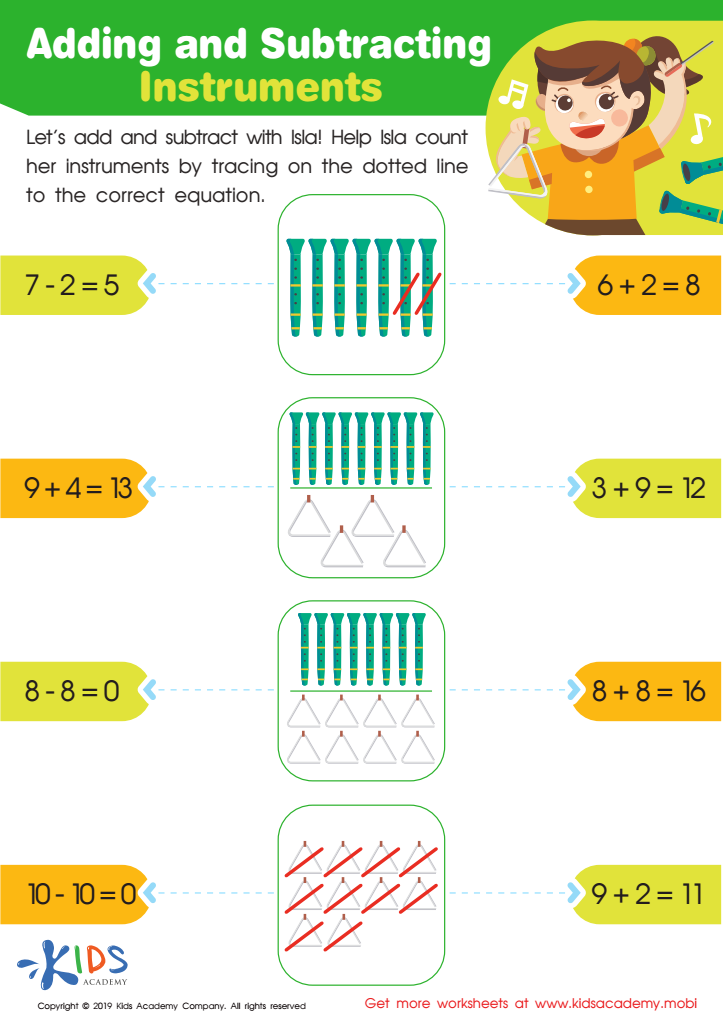

Adding and Subtracting: Instruments Worksheet
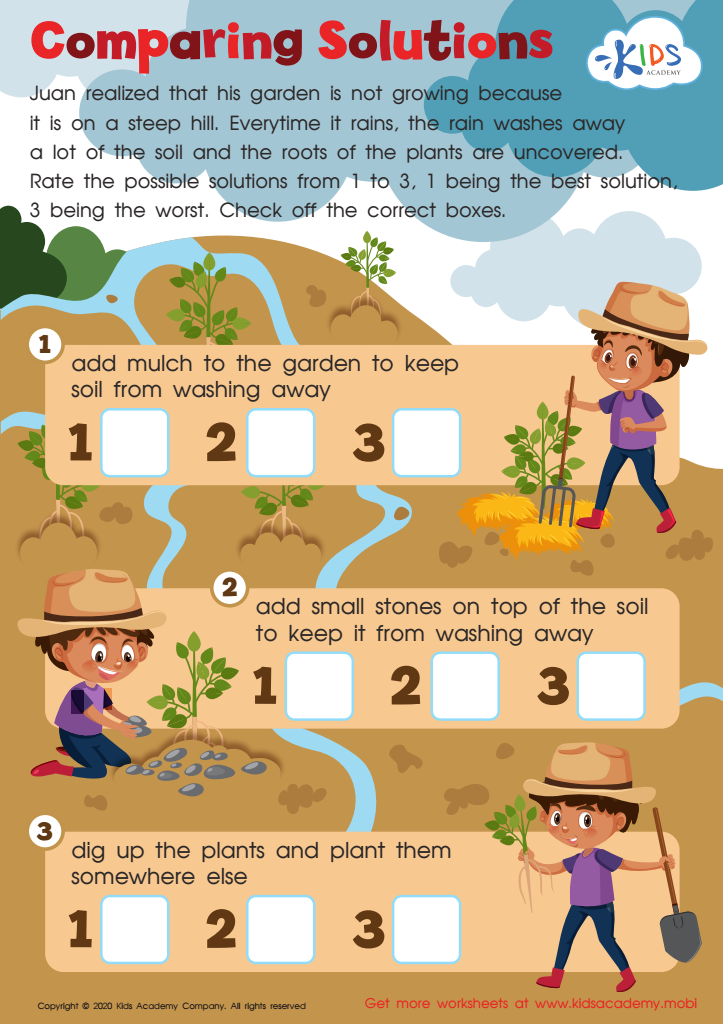

Comparing Solutions Worksheet
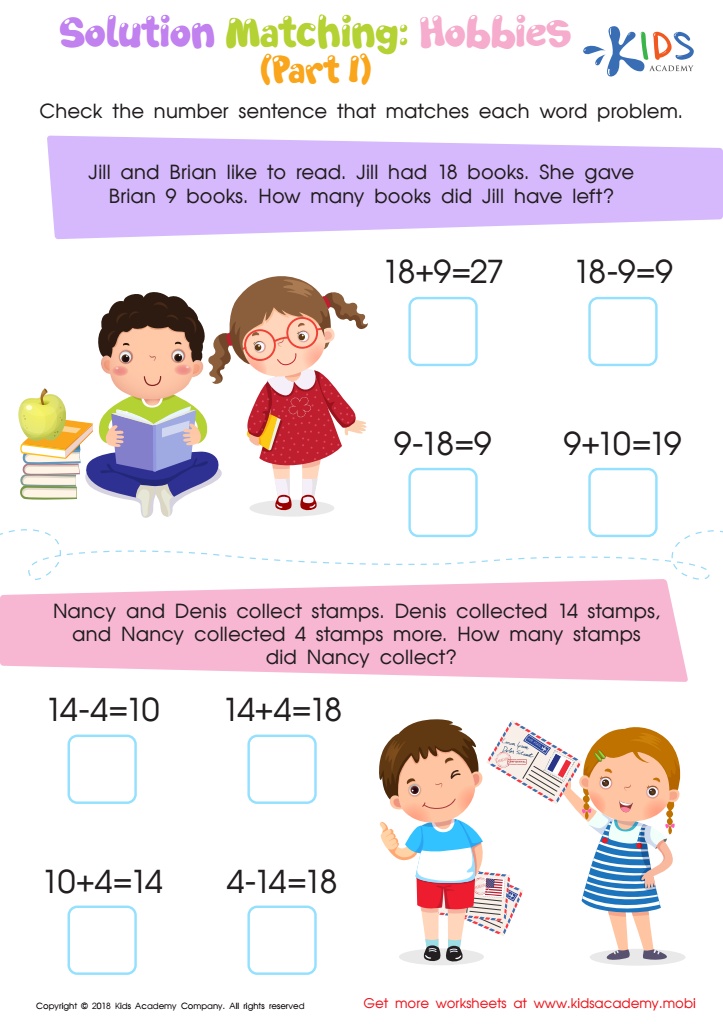

Solution Matching: Hobbies. Part 1 Worksheet
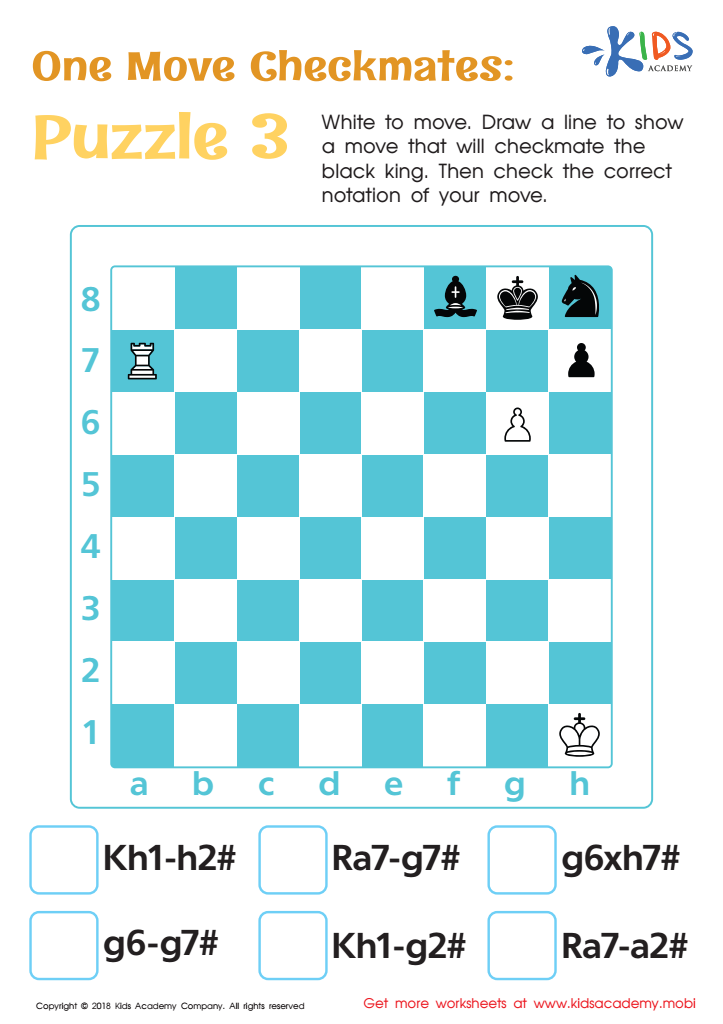

One Move Checkmates: Puzzle 3 Worksheet
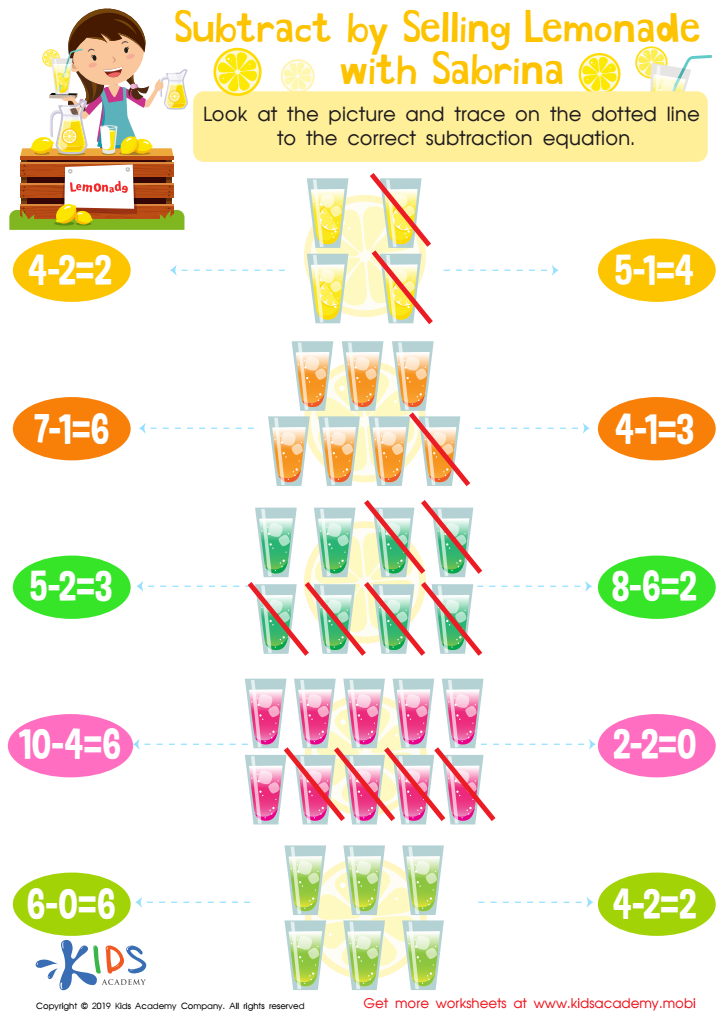

Subtract by Selling Lemonade with Sabrina Worksheet
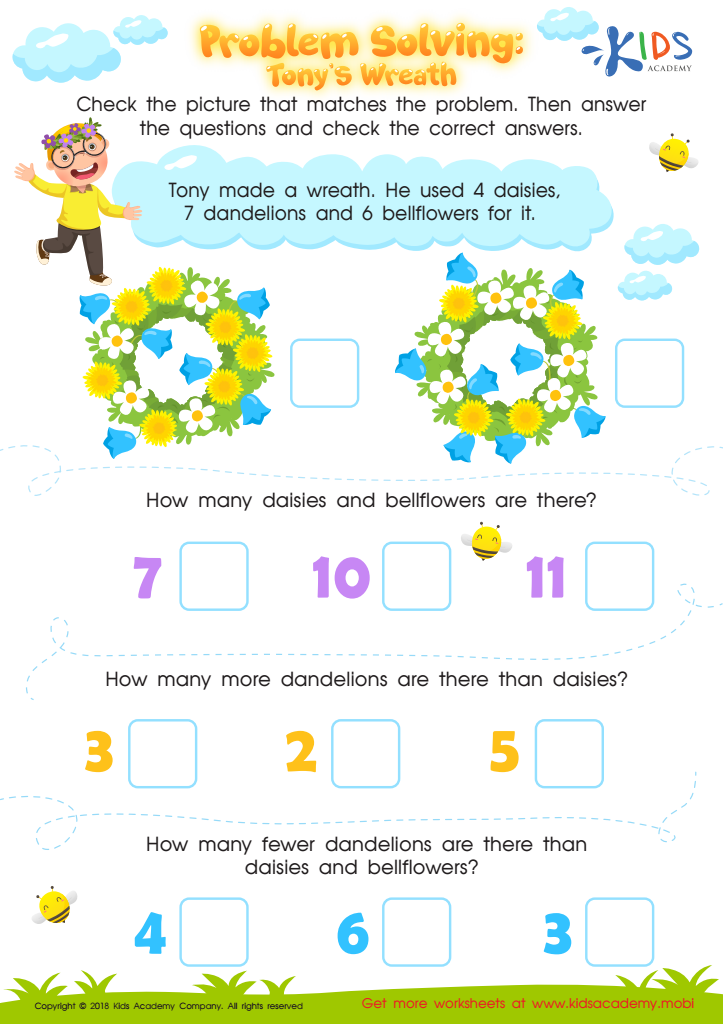

Problem Solving: Tony's Wreath Worksheet
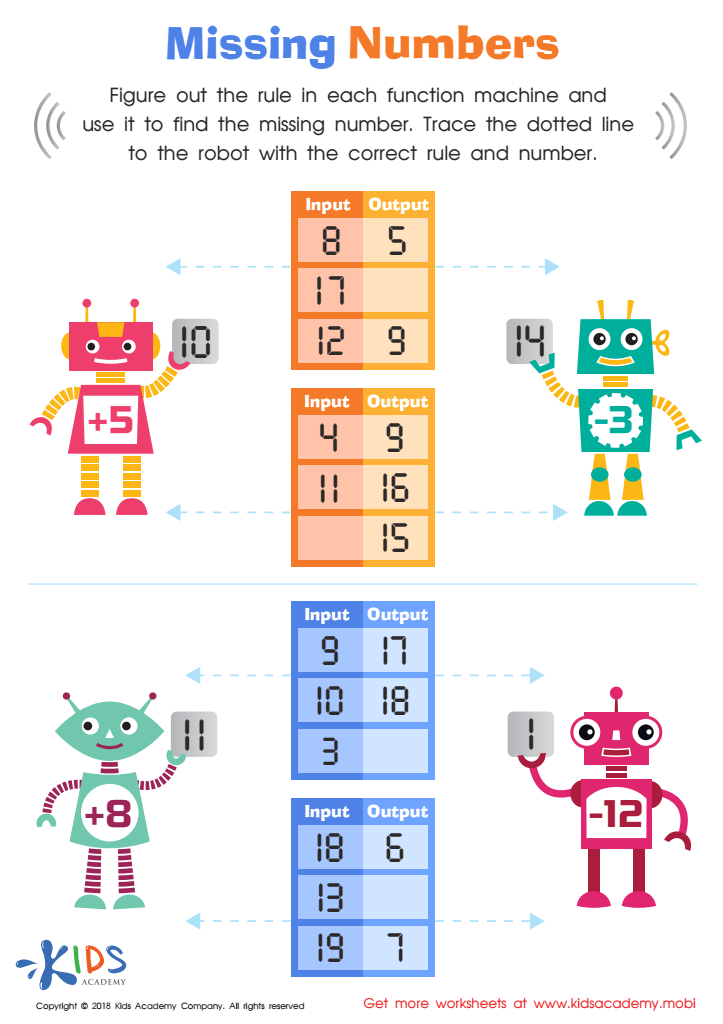

Missing Numbers Worksheet


Horse Farm Area Worksheet
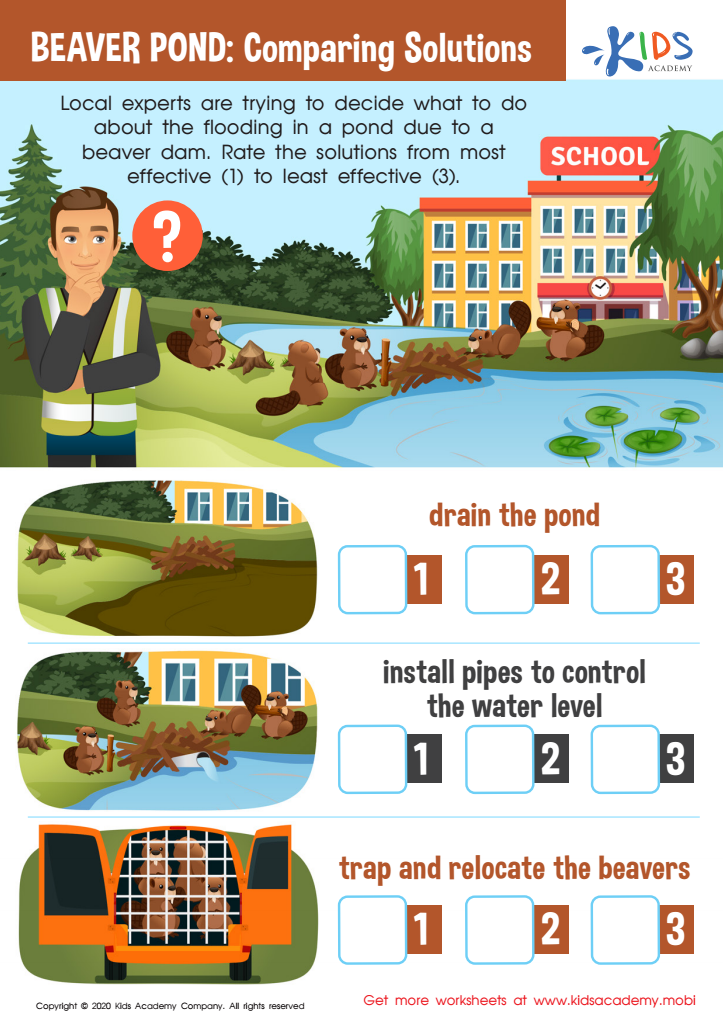

Beaver Pond: Comparing Solutions Worksheet
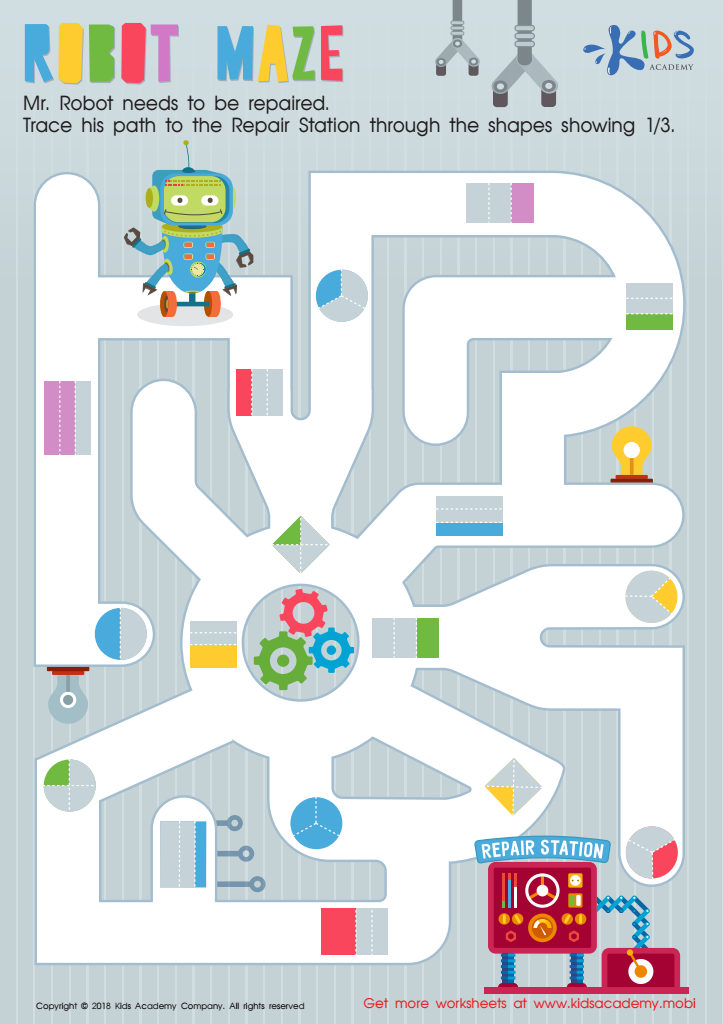

Robot Maze Worksheet
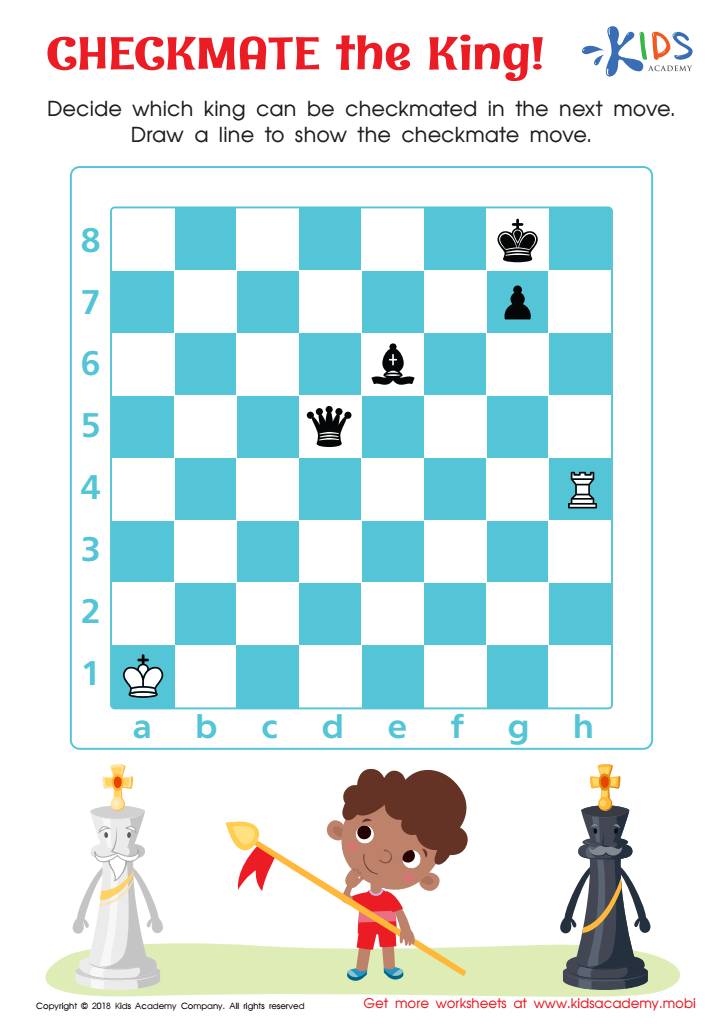

Checkmate the King Worksheet
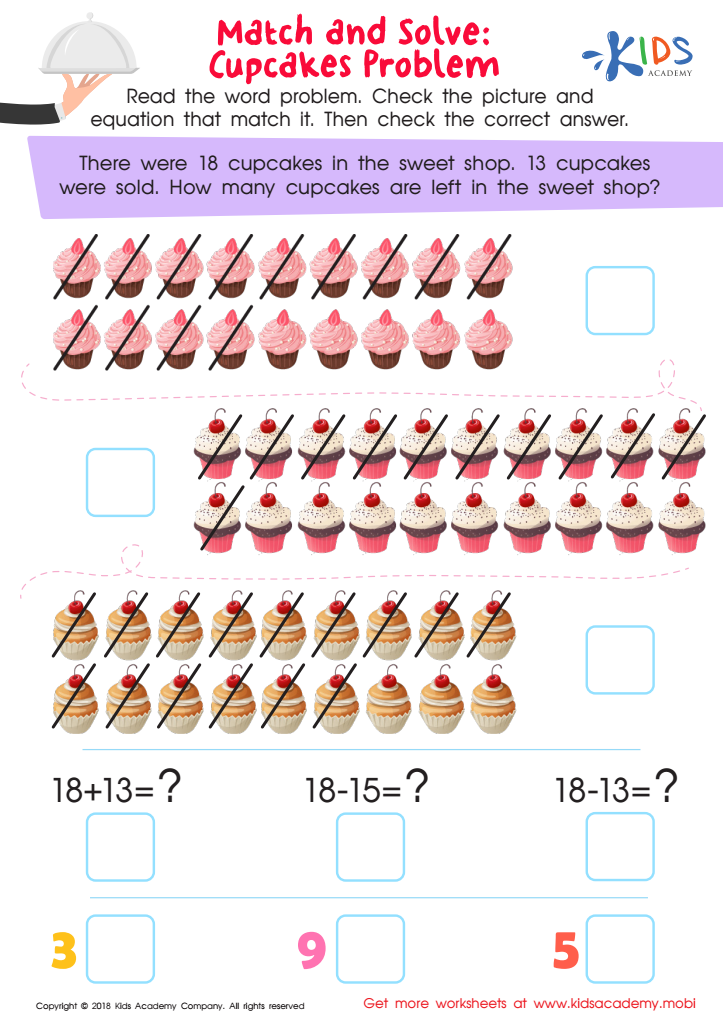

Match and Solve: Cupcakes Problem Worksheet
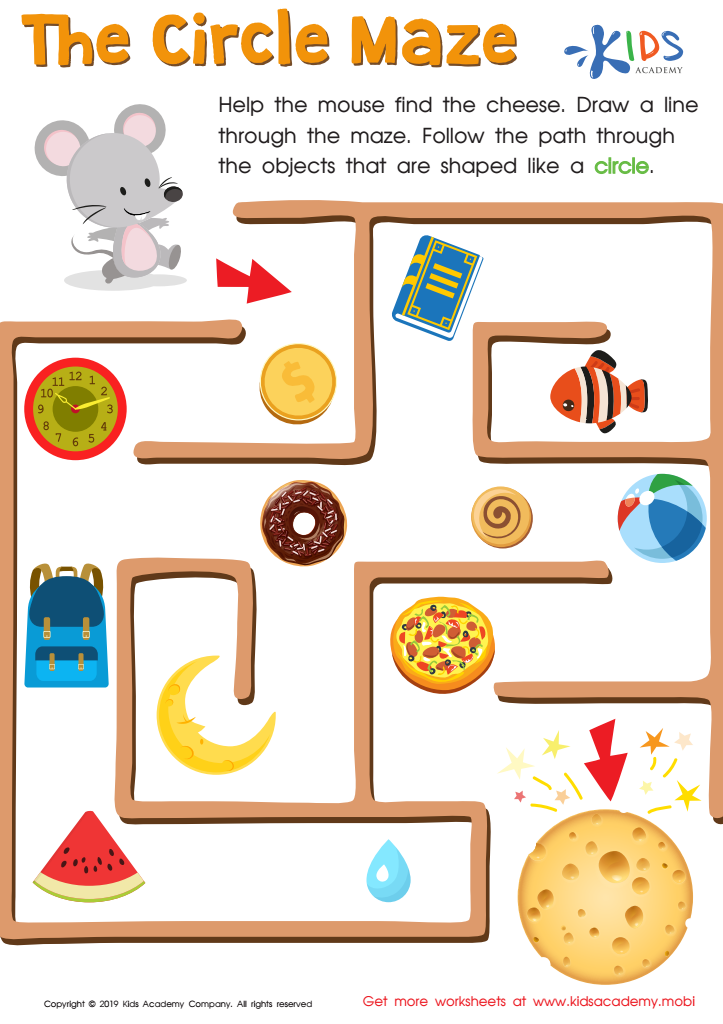

The Circle Maze Worksheet
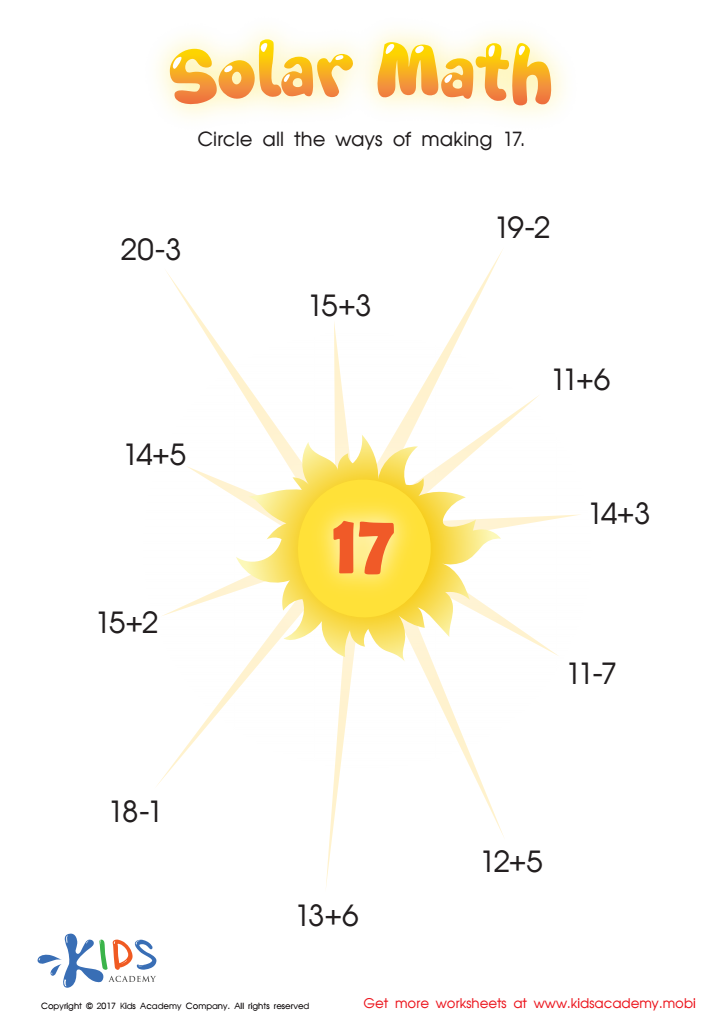

Solar Math Substraction Worksheet


Check. Checkmate or Stalemate? Worksheet
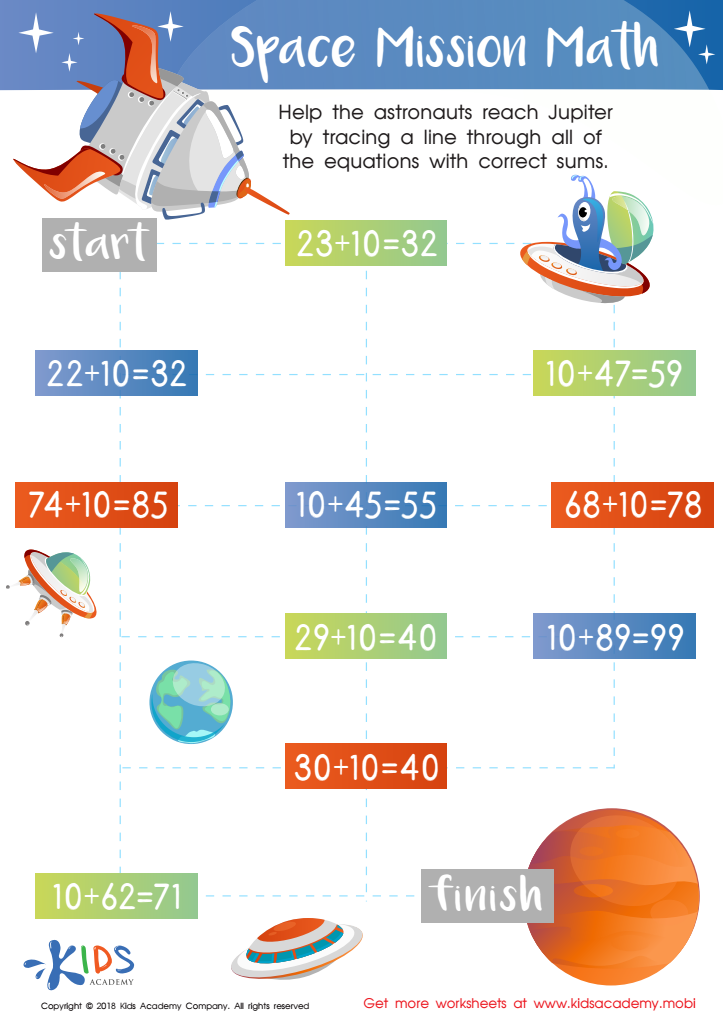

Space Mission Math Worksheet
Problem-solving skills are critical for children aged 7-9, as this period is pivotal for cognitive development. Parents and teachers should care about enhancing these skills through extra challenges because they lay the foundation for critical thinking, creativity, and resilience. In today’s complex world, the ability to navigate obstacles, think outside the box, and devise innovative solutions is essential for academic success and everyday life.
Engaging in problem-solving activities helps children develop logical reasoning and analytical skills, which are transferable across various subjects—from math and science to literacy and social studies. These skills foster independence as children learn to tackle challenges without constant adult intervention, boosting their confidence and self-esteem.
Moreover, problem-solving challenges often emphasize collaboration, as many activities require teamwork. This helps children improve their communication skills and learn how to work effectively with others—qualities that are paramount in both academic settings and future workplaces.
Ultimately, prioritizing extra challenges in problem-solving encourages a growth mindset, teaching children that effort and perseverance lead to success. By promoting these skills, parents and teachers equip children with the tools they need for lifelong learning and adaptability.

 Assign to My Students
Assign to My Students















